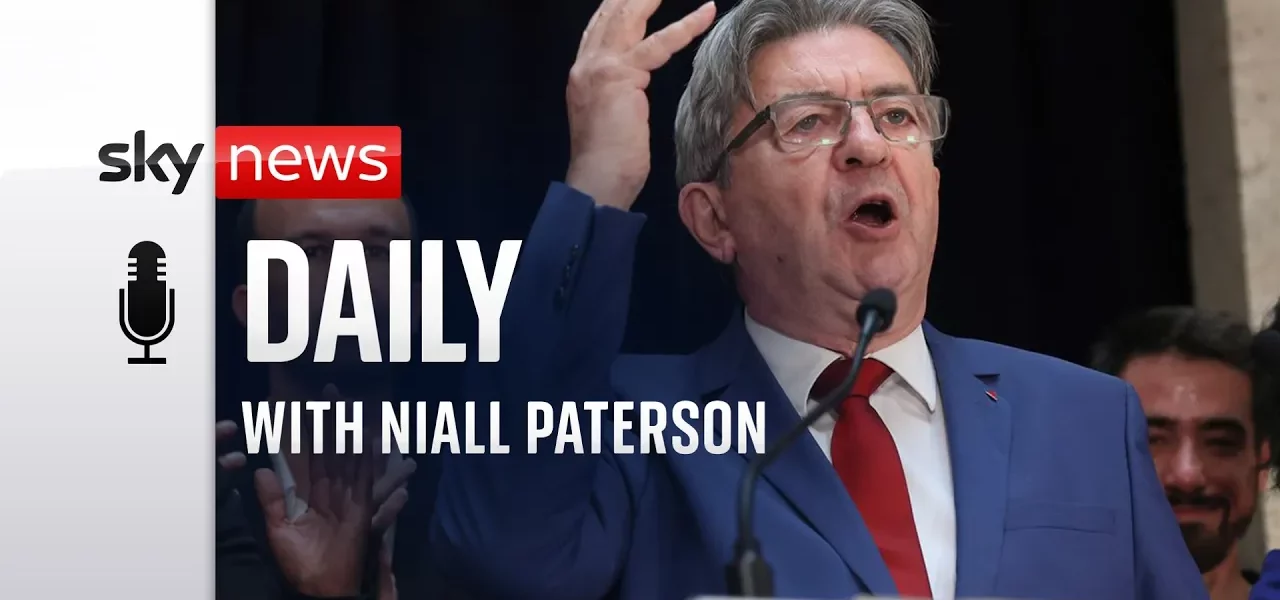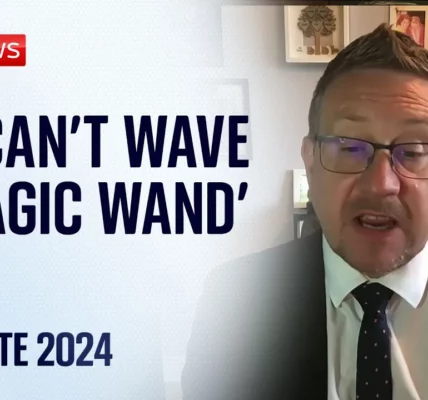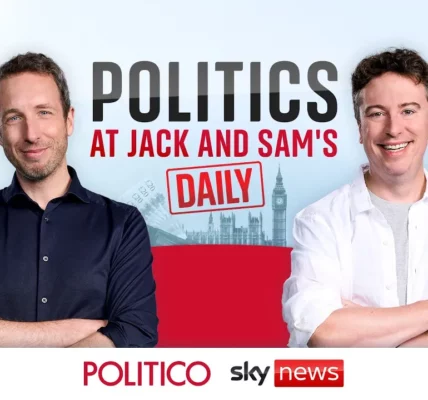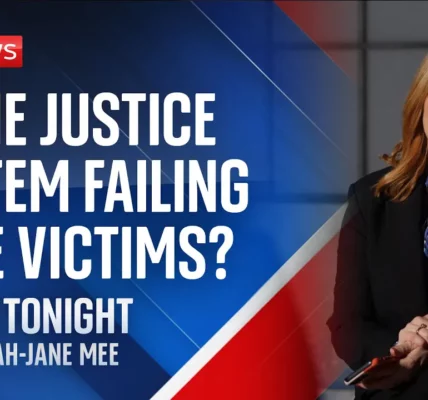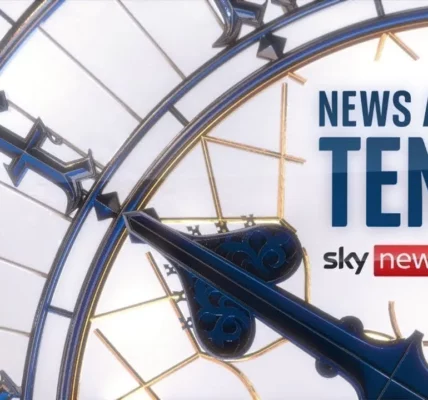France’s Political Shock: Examining the Snap Election Results

In the wake of the recent snap elections in France, a surprising political landscape has emerged, defying expectations and stirring debates about the future of governance in the country. This article delves into the election results, the rise of the National Rally, and the implications of the new Popular Front coalition.
Introduction
The political climate in France has always been dynamic, but the recent snap elections called by President Emmanuel Macron have introduced a new level of unpredictability. Just over three weeks ago, the elections were marked by a commanding lead from the far-right National Rally (RN), led by Marine Le Pen and her protégé Jordan Bardella. However, the final results revealed a significant twist, with the National Rally finishing third behind Macron’s liberal coalition and an emergent coalition of left-wing parties aimed at countering the far-right surge. This article explores the intricacies of these results and their implications for French politics.
The Snap Election and Initial Reactions
Context of the Election
Emmanuel Macron’s decision to call a snap election was met with skepticism, even from members of his own party. As the election unfolded, the initial exit polls suggested a strong performance by the National Rally, creating an atmosphere of celebration among their supporters.
Surprising Outcomes
Despite expectations, the National Rally did not succeed in maintaining its lead. The final tally saw Macron’s coalition emerge victorious, followed closely by a coalition of left-wing parties, including the Communists, Greens, and Socialists, known as the New Popular Front.
- National Rally (RN): Third place finish
- Macron’s Coalition: First place
- New Popular Front: Second place, a coalition aimed at thwarting the far-right
The Role of Tactical Voting
Coalition Dynamics
The emergence of the New Popular Front was a strategic move designed to consolidate votes against the National Rally. This tactical voting played a crucial role in the election outcome, demonstrating the effectiveness of opposition parties coming together.
Implications for the National Rally
Jordan Bardella, who was once seen as a potential prime minister, expressed frustration over the tactical voting that he believed was aimed directly at blocking the National Rally. The party’s failure to secure a majority raised questions about its future and the strategies it might adopt moving forward.
Jean-Luc Mélenchon and the New Popular Front
Who is Jean-Luc Mélenchon?
Jean-Luc Mélenchon, a prominent figure on the left, has been likened to Jeremy Corbyn in the UK for his fiery rhetoric and leftist policies. Having distanced himself from the Socialist Party, he has formed his own political movement, La France Insoumise, which has gained traction among left-leaning voters.
Challenges and Opportunities
Despite his popularity among certain demographics, Mélenchon faces challenges in uniting the left. His abrasive style and confrontational approach have made him a divisive figure, raising questions about his ability to lead a cohesive government.
- Strong support from young, urban voters
- Criticism for lack of internal democracy within his party
- Struggles with uniting the broader left coalition
The Future of French Politics
Potential for a Coalition Government
With no party securing a majority, the political landscape in France is at a crossroads. Macron may consider forming a minority government, which could involve negotiations with the left. This scenario presents both risks and opportunities for all parties involved.
Looking Ahead: The Next Presidential Election
As the political parties regroup, all eyes are on the next presidential election in 2027. Marine Le Pen’s position as a prominent figure in the National Rally suggests she will be a key player in future elections, potentially capitalizing on the party’s growing appeal among younger voters.
Conclusion
The recent elections in France have reshaped the political landscape, highlighting the complexities of voter sentiment and the effectiveness of tactical alliances. As parties navigate this new terrain, the future of governance in France remains uncertain. The rise of the New Popular Front and the resilience of the National Rally indicate a shifting paradigm that will continue to evolve. For those interested in further developments in French politics, stay tuned for ongoing analysis and insights.
Read more about French politics and the impact of the recent elections.
“`
